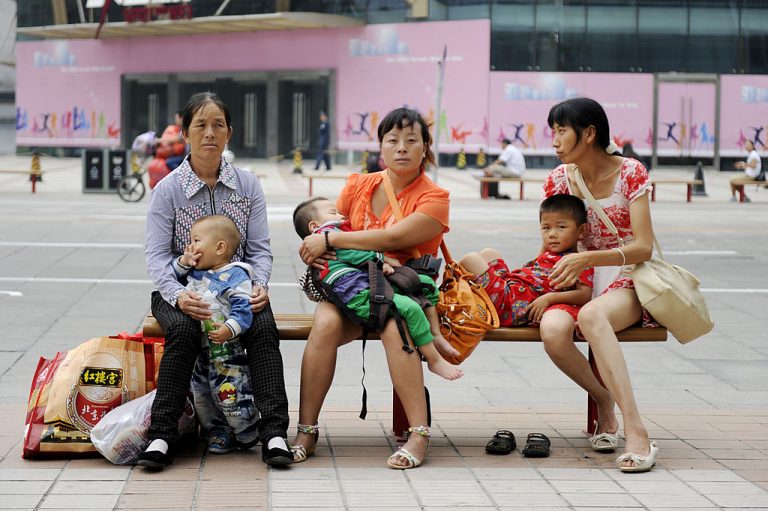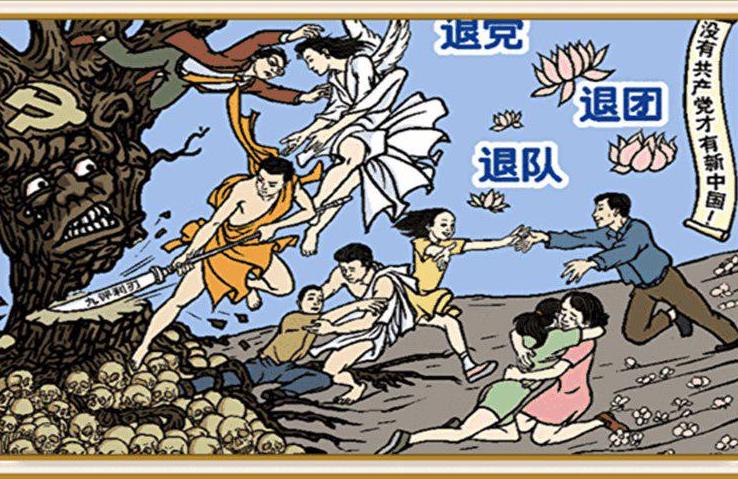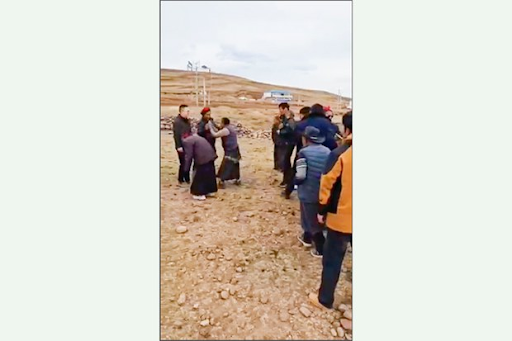Though now effectively abolished, the Chinese Communist Party’s brutal experiment with population control still haunts countless families
In recent years, China has begun to relax its infamous one-child policy, which communist authorities once boasted of having caused 400 million abortions and other prevented births. Since 2016, policies have shifted to allow and encourage families to have two or more children.
As the government adjusts its policy under current leader Xi Jinping, many Chinese women are seeking redress from the authorities for the trauma they suffered as a result of the over three decades of population control.
The claims range from long-term health issues due to botched or untested reproductive procedures aimed at keeping the country’s birth rates within target, to psychological trauma endured by women forced to undergo late-term abortions or even hysterectomies. Since the start of the one-child policy in the late 1970s, millions of people underwent sterilization, and millions of women had their fertility impacted by these procedures.
“We did as the government said and went to the family planning station to get injections,” Peng Dongxiang, a woman from central China, told Radio Free Asia (RFA).
“But they were experimenting on us, and using our bodies,” Peng, who had two children in contravention of the policy, said. Once discovered, she was subjected to numerous episodes of harassment and extortion from the local authorities in her home province of Hubei.
Success
You are now signed up for our newsletter
Success
Check your email to complete sign up
The injections she was made to undergo would make her irreversibly sterile and cause her ailments that last to this day.
READ MORE:
- China Is Ending Its Population Controls, But Many No Longer Want to Have Children
- Men Seeking Vasectomies in China Denied by Government as Birth Rate Continues to Decline
- The Brunt of a Nation: How China’s One-Child Policy Affected Thousands of Families
Fearful of overpopulation, the Chinese Communist Party (CCP) ordered that its family planning directives be so stringently upheld that many women were forced to abort their babies or give them up if they were found to be “illegally” pregnant.
In some cases where women underwent late-term abortions, “The doctors would inject poison directly into the baby’s skull to kill it,” well-known Chinese dissident Chen Guancheng said, drawing on recordings he made of interviews with hundreds of women impacted by family planning laws in Linyi, a city in China’s southern Shandong province.
“Other doctors would artificially induce labor. But some babies were alive when they were born and began crying. The doctors strangled or drowned those babies,” Chen, who now lives in exile in the United States told NPR news.
Some families saw their children taken away by authorities, or ordered to pay hefty fines — up to four to six times the family’s annual income — for violating the family planning laws. In addition, the fines would be higher for a second or subsequent child born out of wedlock.
Injected with unknown drugs
“They injected us straight into the fallopian tubes … I fainted and was freezing cold instantly,” Peng, the woman from Hubei, recalled.
“Later they told me I had to get another injection because I hadn’t had tubal ligation, but that second injection ruined my health.”
Since then, Peng told RFA, she has suffered from lower back pain, abdominal swelling and was bed-ridden for several years following the sterilization shots. Her two sons were sent to live with their grandparents because she was unable to work or care for them, and has remained in constant pain since the procedure.
“If [my husband’s family] hadn’t treated me well, I wouldn’t be here today,” said Peng, who has tried to obtain government reparations for over a decade through official channels.
Peng said she also knows of hundreds of other women from her hometown of Qianjiang who had similar experiences.
“Some of them died outright … the government didn’t care and just injected anyone at the time, even pregnant women,” Peng said.
Shifting gears
In October 2015, amid a rapidly declining birth rate, the Chinese regime rolled out the slogan “all families should have two children.” The two-child policy was promulgated in 2016, and in May 2021, was further broadened to allow three children per couple.
According to China’s Seventh National Population Census, released belatedly in mid-May of last year by the National Bureau of Statistics (NBS), data showed that if the current dwindling birth trends continue, China’s population, now 1.4 billion, is expected to peak at around 1.45 billion in 2030 and begin a steep decline.
The population controls also led to an imbalanced sex ratio as parents-to-be were forced to choose between having a son or daughter. Particularly in rural areas, where sons are considered indispensable for doing manual labor and carrying on the family line, resulted in many couples opting to abandon or abort their baby daughters.
Today, men outnumber women in China by an estimated 40 million.
International calls for help: ‘the Chinese government controls the wombs of Chinese women’
Zhang Jing, founder of Women’s Rights in China — an NGO based in New York — said the Chinese government has long controlled the reproductive freedoms of women, and called on the international community to press lawmakers in raising awareness on the abuse and lack of rights that women in China have endured, and continue to endure.
“If the party tells you to give birth, you will give birth. If it tells you not to, then you won’t,” Zhang told RFA. “This is a terrible and tragic policy.”
Since 2012, Zhang has called on the Chinese regime to set up a nationwide compensation system for women who were harmed by population control policies over the last few decades.
“The CCP and the Chinese government control the wombs of Chinese women,” she said, adding that women living in rural areas are most vulnerable to the kinds of abuse and mistreatment experienced by Peng, and many others.













